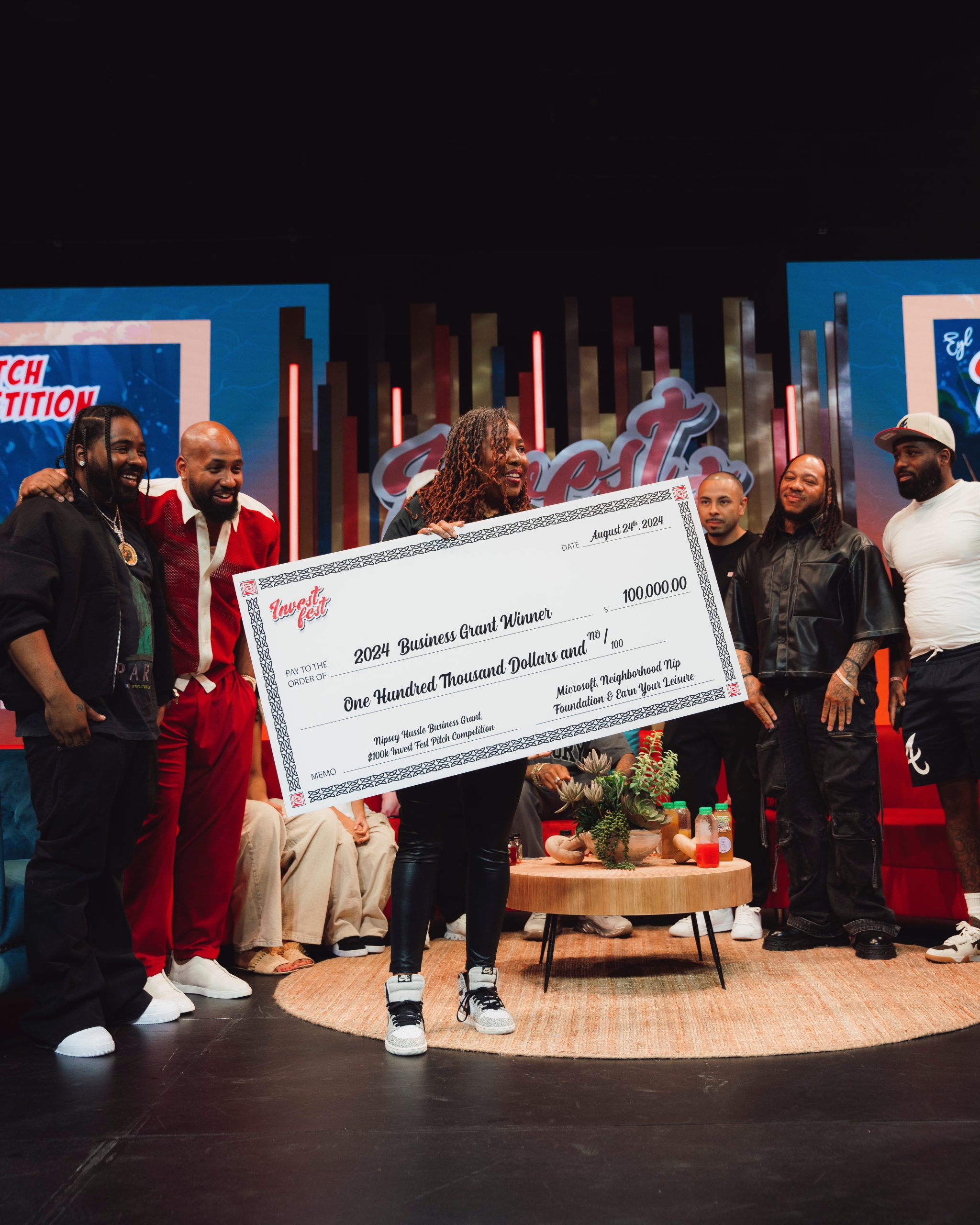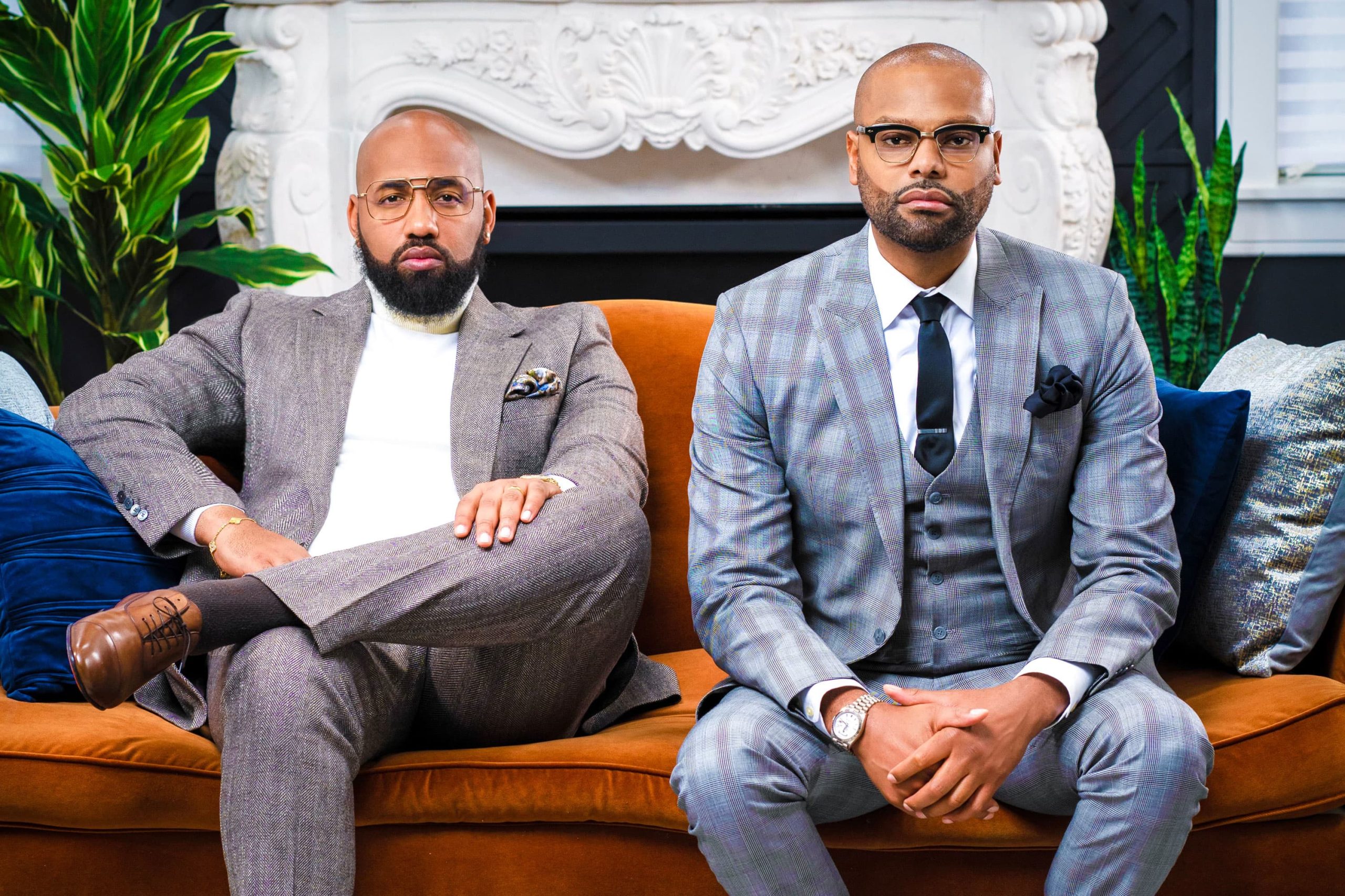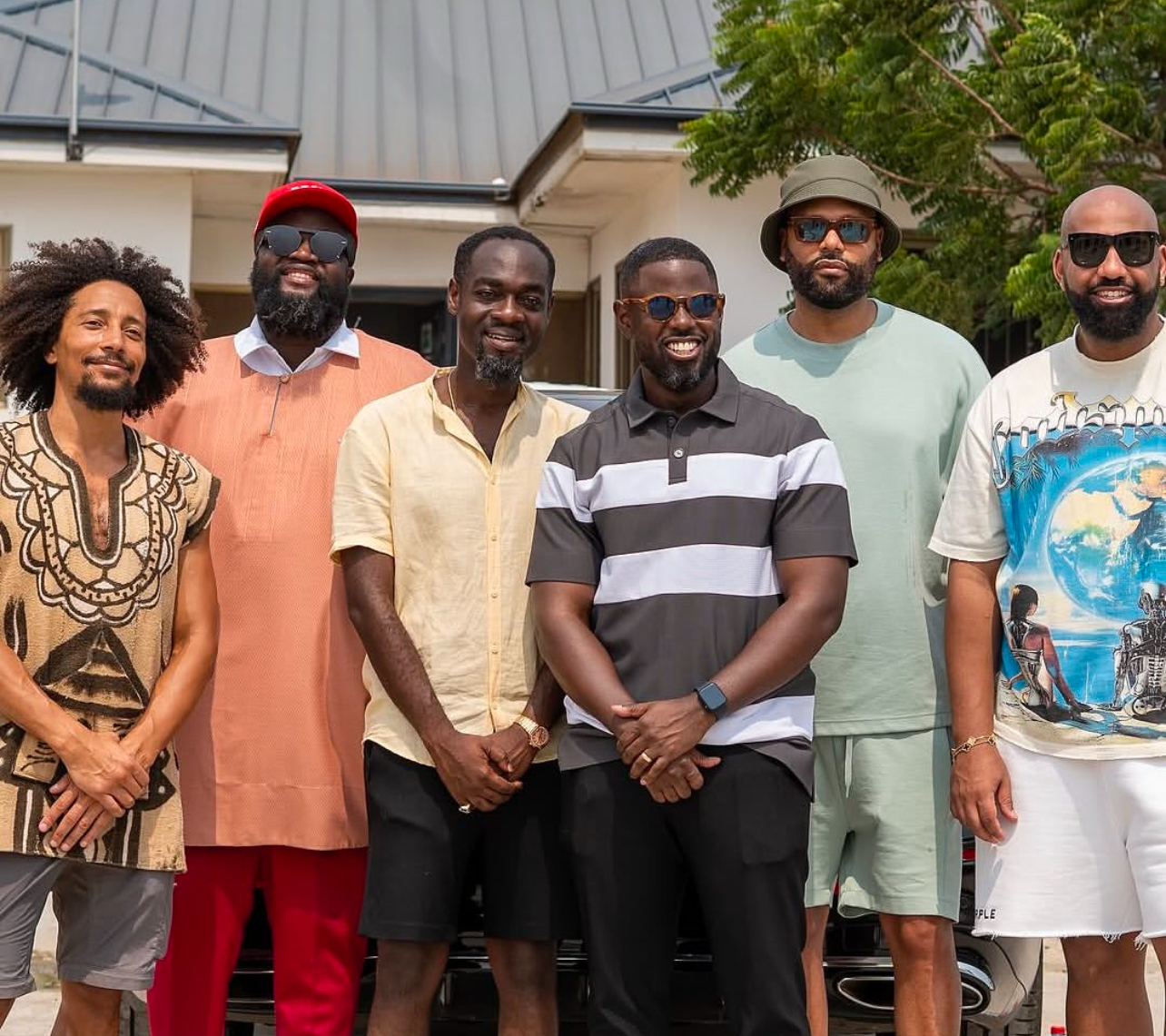The New York Times has filed a lawsuit against OpenAI and Microsoft for copyright infringement, claiming that their artificial intelligence technology, including ChatGPT, illegally copied millions of Times articles for training purposes. This technology, which provides instant access to information, now competes with the Times, potentially impacting its ability to deliver its services.
This lawsuit is part of a growing trend where creators and publishers are challenging the use of their content to train AI models without compensation. The Times' legal action is notable as it targets two major AI players: OpenAI, backed by Microsoft, and Microsoft itself, which has a seat on OpenAI's board and has invested billions in the company.
The Times alleges that OpenAI and Microsoft emphasized Times content in their AI models, creating products that compete with and mimic the Times without permission or payment. The AI models are claimed to generate outputs that closely resemble or even directly copy Times content.
OpenAI responded to the lawsuit, expressing disappointment but a willingness to find a mutually beneficial solution. Microsoft has not yet commented on the lawsuit.
The Times began discussions with the companies in April, seeking fair compensation and agreement terms, but alleges that no resolution was reached. The companies argue that their use of Times content falls under "fair use," a claim the Times strongly disputes.
This lawsuit highlights the broader concerns about AI's impact on copyright and the media industry. The Times, alongside other media outlets like CNN, has already taken steps to prevent AI web crawlers from scanning their platforms. Earlier lawsuits have been filed against Meta and OpenAI by individuals and groups such as comedians and authors, citing similar concerns over copyright infringement.
The Times is pushing for compensation for the alleged infringement and a permanent injunction against Microsoft and OpenAI's use of its content in AI models. The lawsuit seeks the destruction of GPT and other AI models trained with Times journalism and could potentially set a legal precedent in the rapidly evolving field of AI and copyright law.






